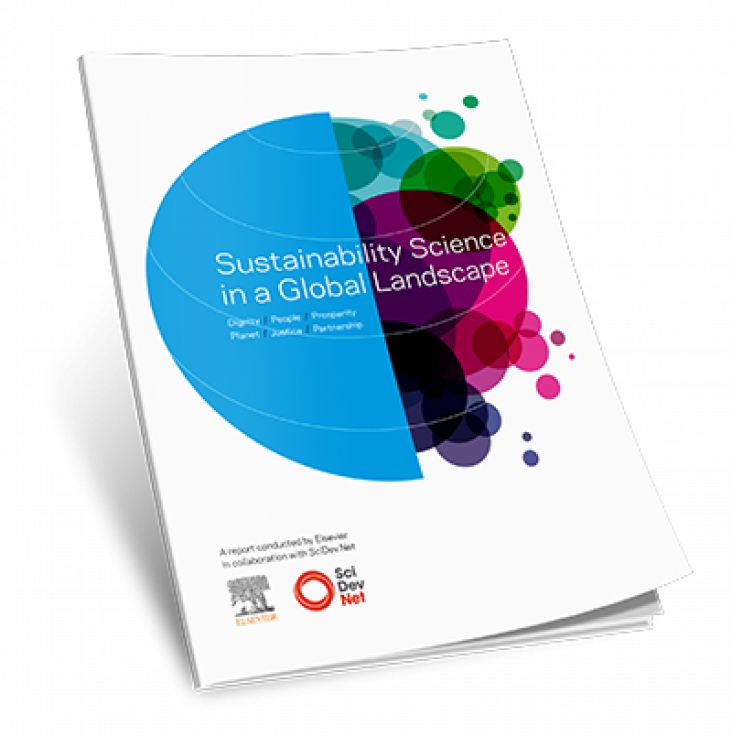Elsevier,
International Review of Research in Developmental Disabilities, Volume 48, 2015, Pages 1-9
This chapter addresses SDGs 3 and 10 by providing a review of intellectual disabilities, health disparities and health inequality in both children and adults through current research on the causes, effects, classification systems and syndromes of developmental disabilities.
Elsevier,
International Review of Research in Developmental Disabilities, Volume 48, 2015, Pages 43-72
This chapter addresses SDGs 3 and 10 by providing a review of intellectual disabilities, health disparities and health inequality in both children and adults from wide-ranging perspectives including genetics, psychology, education, and other health and behavioral sciences.

This report, conducted by Elsevier in collaboration with SciDev.net, contributes to the understanding of sustainability science as a research field and the dialogue between science and society in sustainable development. The report is relevant to all 17 SDGs as it underlines the inter-disciplinary nature of sustainability science and the impact that has on the success of the SDGs. The report helps to advance SDG 4 Quality education and SDG 10 Reduced inequalities.
As the post-MDG era approaches in 2016, reducing child undernutrition is gaining high priority on the international development agenda, both as a maker and marker of development.
There is a very large literature examining income inequality in relation to health.
Purpose The mental health and victimization of lesbian, gay, bisexual, transgender, and questioning (LGBTQ) youth have garnered media attention with the "It Gets Better Project." Despite this popular
Purpose Transgender youth represent a vulnerable population at risk for negative mental health outcomes including depression, anxiety, self-harm, and suicidality.
Elsevier,
International Encyclopedia of the Social & Behavioral Sciences (Second Edition), 2015, Pages 765-770.
This paper aligns with SDG 10 (reduced inequalities), exploring theoretical insights surrounding Queer Theory.
A primer explaining the inclusive business models companies can use to work towards Goal 1, Goal 8 and Goal 10
This chapter advances SDG 4, 5, and 10 by exploring the known reasons why African-Americans do not pursue or persist in science, technology, engineering, and mathematics (STEM) disciplines in general and in computing sciences in particular.
